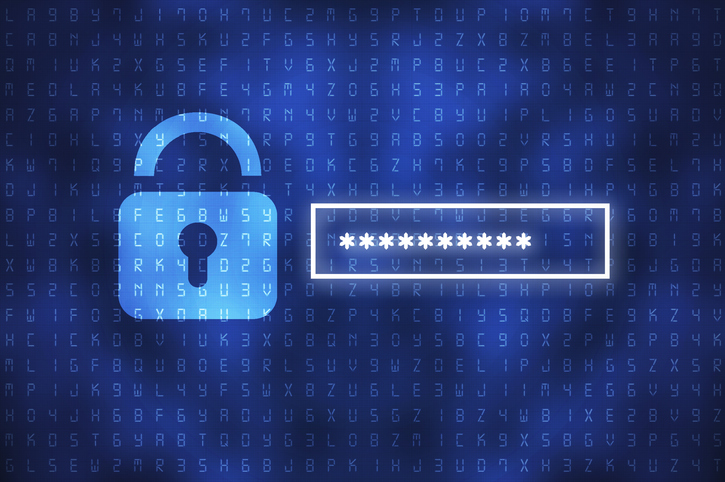With so much of life taking place online now, it’s more important than ever to protect both your personal and professional dealings so that those who would seek to take advantage of others can’t make you their next victim. Luckily, there are plenty of ways that you can protect yourself and your business from prying eyes and hackers.
To help you see how this can be done, here are three ways you can reduce your cybersecurity risk.
Focus On Your Passwords
 The passwords you use for any program or software you sign on to is your first line of defense for all of your sensitive information.
The passwords you use for any program or software you sign on to is your first line of defense for all of your sensitive information.
When thinking about your passwords, Lisa Kahn Little, a contributor to The Business Journals, recommends that you create a unique and strong password for every website, apps, tool, or device that you use. Ideally, every password that you use would have all types of letters, numbers, and symbols so that it’s nearly impossible for someone to crack and gain access to. While it can be a challenge to remember every unique password or login information that you’ll need for every piece of technology that you use, you can use a password manager to help make this part of your cybersecurity easier to keep track of.
Use The Best Software
 Aside from what you yourself can do to protect your sensitive information that resides online, the software that you choose to use can make a big difference in how vulnerable your information is as well.
Aside from what you yourself can do to protect your sensitive information that resides online, the software that you choose to use can make a big difference in how vulnerable your information is as well.
Knowing this, the Federal Communications Commission recommends that you always use the best and most up-to-date software available to you. This should include things like your operating systems, security software, antivirus, firewalls, and more. With each iteration of this technology, security and safety measures get stronger and stronger, so you don’t want to leave yourself vulnerable by using old or outdated tech.
Subscribe To Effective Practices and Protocols
 How you use your tech can also play a role on how protected your information is. If you don’t follow or enforce correct “cyber hygiene”, as Vishaal Hariprasad, a contributor to Forbes.com, calls it, you put yourself and all of your data at risk of exposure.
How you use your tech can also play a role on how protected your information is. If you don’t follow or enforce correct “cyber hygiene”, as Vishaal Hariprasad, a contributor to Forbes.com, calls it, you put yourself and all of your data at risk of exposure.
To have the best possible cyber hygiene, you should do things like always using the best security tools and companies, update your software whenever available, only allow authorized users access to important information, never share passwords, and more. If you and everyone in your organization can agree to these practices and protocols, you should be able to feel confident that your risk is low when it comes to cybersecurity breaches.
If you’re worried about keeping your sensitive data and information private and secure, consider using the tips mentioned above to help you accomplish this.






Leave a Reply